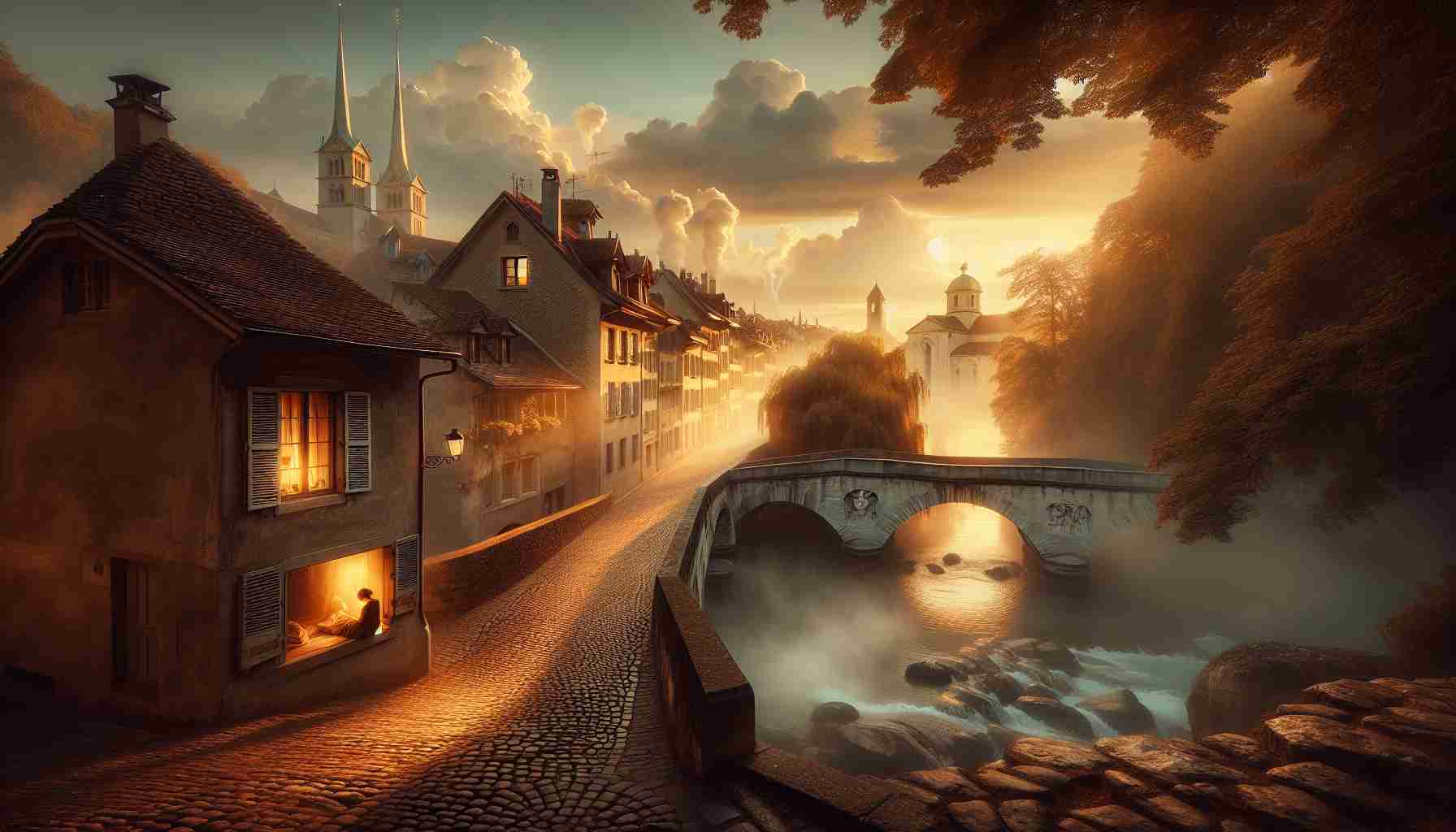

The smoke of the early morning hearth still clung to the rafters of the Geneva house, curling like incense in a church nave. Outside, on that June day in 1712, the bells of Saint Peter’s Cathedral chimed over the tiled roofs and stone bridges, signaling morning prayers. But inside, a different sort of arrival was underway. Jean-Jacques Rousseau had just been born—a child who would grow not toward the cathedral but away from it, into the wild thickets of human reason.
His mother had died just days after his birth. His father, a watchmaker given to tales of romance and battlefield courage, raised him not with scripture, but with the writings of Plutarch, Cervantes, and Montaigne. Geneva, though Reformed and steeped in Calvin’s theology, was already pierced by Enlightenment winds. In that tension, between sacred order and secular yearning, Rousseau would forge his philosophy.
Years later, the thunder of his words would echo through Europe. “Man is born free,” he would write in The Social Contract, “and everywhere he is in chains.” He spoke of natural goodness, of society as the corrupter of man—not sin, not the Fall, but systems of authority that cloaked themselves in church robes or royal decrees. He wrote not as a rebel against faith alone, but against the very idea that mankind required redemption to be whole.
To many Christians, these ideas struck chords of alarm.
In quiet scriptoria and crowded churches, responses began to form. Men like Blaise Pascal had already warned against empty reason divorced from the heart’s cry for God. Now theologians and apologists took up their pens with renewed urgency. Scriptures like Colossians 2:8 carried prophetic weight: “See to it that no one takes you captive through hollow and deceptive philosophy, which depends on human tradition and the elemental spiritual forces of this world rather than on Christ.”
They held symposiums in candlelit halls and wrote treatises wrapped in leather and bound with clasps, not to match Rousseau’s eloquence, but to meet his challenges with eternal truth. The writings of thinkers like Jonathan Edwards and William Wilberforce rose in defiance—not of man’s freedom, but in defense of man’s dependence. Rousseau questioned original sin; these men testified to the corruption they saw in every corner of earth—and the grace that shone brighter still.
In France, where Rousseau’s spirit helped ignite revolution, cathedrals were ransacked and priests forced into exile. But in that same soil, believers also planted new seeds—underground fellowships, hidden Bibles, prayers whispered by candlelight. Even as Rousseau’s name stirred admiration in salons and lecture halls, others clung to the cross, defying the winds of disbelief not with clenched fists, but with quiet courage.
And yet, it would be too easy to mark him a villain and be done. Rousseau loved music, felt nature’s majesty, and raged against injustice. In ways he did not foresee, his questions roused the church to greater clarity. Faith was no longer assumed, but chosen. Believers learned to defend the resurrection not just with scripture, but with reason and history. The coherence of biblical truth stood firm, even as the tower of Enlightenment grew ever higher.
Two centuries on, the debates have not faded. Modern disciples of Rousseau still question divine authority, still declare man good without God. But history shows another truth nestled beside it like wheat and tares: that the church, refined by fire, continues to answer.
From the cobblestone streets of Geneva, where Calvin once stood behind a pulpit forged in flame, to the distant lands where Gospel seeds take root in hostile ground, the challenge of Rousseau—and of every thinker who lifts human wisdom above God—is met not with fear, but faith.
For the Scriptures, ancient yet ever new, remain. And in every age, when philosophies rise and chorus their promised freedom, the voice of Christ still calls, “If the Son sets you free, you will be free indeed.”
Rousseau’s birth, then, was not only the arrival of a voice destined to challenge the faith—it marked the opening of a chapter in the church’s long story of contending for truth. The house in Geneva has long fallen quiet, its fires cold. But in homes and hearts across continents and centuries, the response burns on.